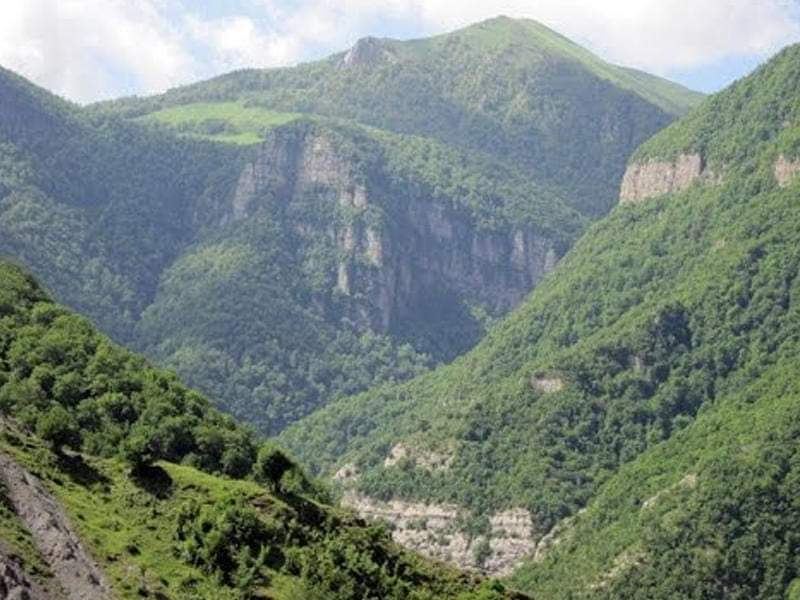BAKU, Azerbaijan, Jan. 12
Trend:
The end of the Second Karabakh War has opened up new infrastructure opportunities for the South Caucasus, Fuad Chiragov, an analyst based in Azerbaijan wrote in an article to The Jamestown Foundation, Trend reports.
Chiragov noted that while for most of the nations of the world 2020 will go down in history for the challenges they experienced stemming from the COVID-19 pandemic, for Azerbaijan the previous year was the most dynamic and remarkable since gaining independence in 1991.
He added that the importance and consequences of the past year’s events will reverberate not just for Azerbaijan but also the future geopolitics of the region.
“The war and economic problems associated with the coronavirus crisis certainly tested the sustainability and resilience of Azerbaijan’s political system. Yet as President Aliyev noted recently, during 2020 Azerbaijani GDP declined by only 4 percent, while the non-oil sector actually increased by 11 percent; even the value of revenues to the State Oil Fund increased by 0.5 percent despite huge costs associated with social expenditures for pandemic mitigation and the war,” the author said.
He added that according to the trilateral ceasefire agreement, all economic and transport links between Azerbaijan and Armenia and in the region shall be unblocked after having sat unused for 30 years.
“Since the conclusion of the fighting, Azerbaijani and regional officials, including Turkish President Recep Tayyip Erdoğan, have offered an alternative future for the South Caucasus and even invited Armenia to join regional projects from which it had been isolated for decades. Prospects thus exist going forward that if Yerevan acquiesces to such entreaties, the former belligerents can win the peace together,” Chiragov noted.






